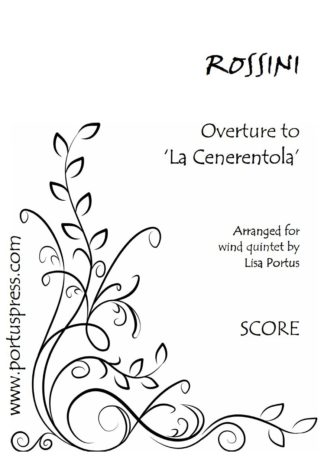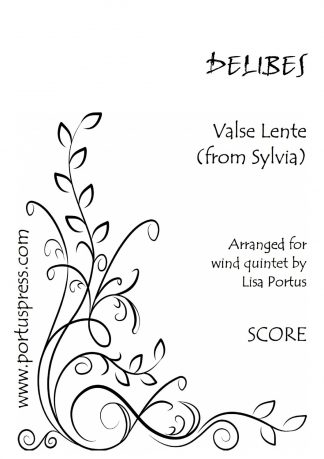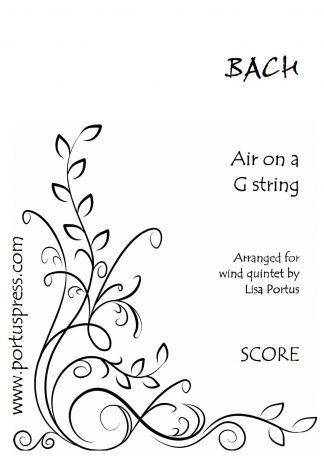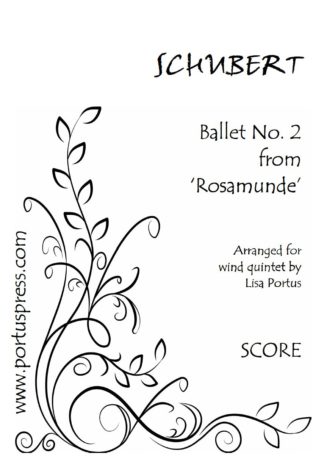Description
Today Franz Schubert is admired as one of the leading exponents of the early Romantic era. During his lifetime, however, appreciation of his work was limited and it wasn’t until decades after his untimely death in 1828 (aged 31) that his compositions were rediscovered and championed by the likes of Mendelssohn, Liszt, Schumann and Brahms. The surge in interest in Schubert’s music in the latter half of the 19th century inspired George Grove (of music dictionary fame) and Arthur Sullivan to travel to Vienna in 1867 in search of forgotten Schubert scores. Their endeavours proved fruitful and the pair were particularly excited about their final find, Rosamunde.
Schubert wrote Rosamunde in just 20 days as incidental music for a play by the persuasive, but ungifted writer, Chézy. Notwithstanding high praise from the Viennese press for Schubert’s music, the play was a resounding flop, lasting only two performances. Chézy’s play has been lost, but, thanks to Groves and Sullivan, today’s audiences continue to enjoy Schubert’s wonderful score. Ballet No. 2 from Rosamunde is among Schubert’s most well known and charming works.






